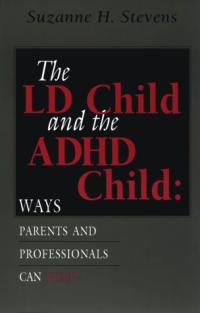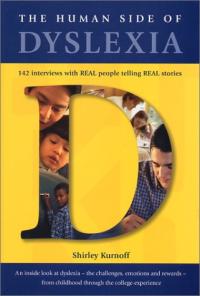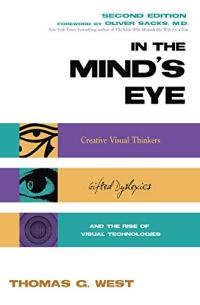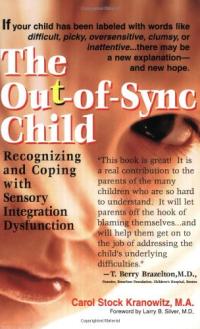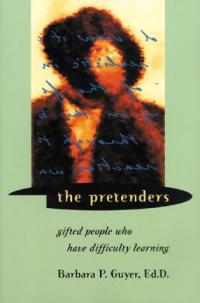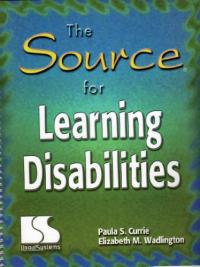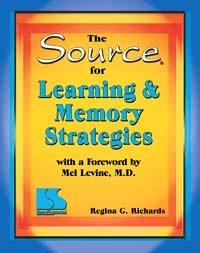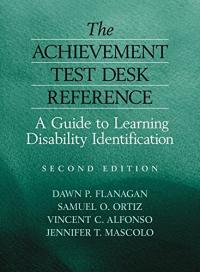
The Achievement Test Desk Reference: Comprehensive Assessment and Learning Disabilities
The Achievement Test Desk Reference is the first book to link the practice of academic and learning disability assessment within the context of a broad-based psychoeducational evaluation process that is grounded in the widely accepted and well-validated CHC theory. The completely revised Second Edition includes detailed descriptions and critical reviews of more than 50 published achievement tests and features a comprehensive, innovative framework for evaluating learning disabilities.
